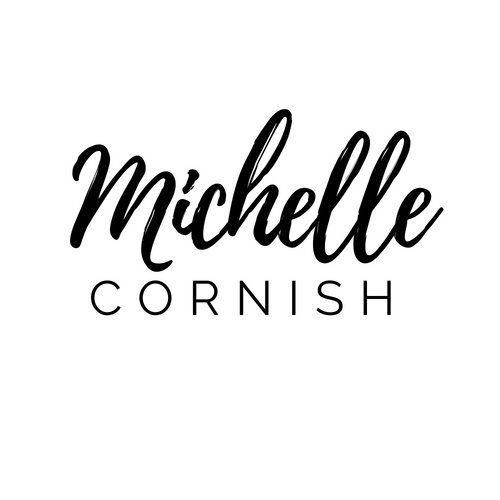Realistic Character Descriptions: My Experience as a Floral Designer/Florist
/To win readers over we need to write characters so authentic they feel like real people. How do we do this? By brainstorming a character’s backstory, personality, needs, desires, and their day-to-day world. Lucky for us, one aspect of their daily life is a goldmine of characterization: the type of work they do.
Think about it: a job can reveal personality, skills, beliefs, fears, desires, and more, which is why Angela Ackerman and Becca Puglisi created The Occupation Thesaurus, a writing guide that profiles 124 possible careers and the story-worthy information that goes with each. To help with this project, I’m sharing my experience as a floral designer/florist below, in case this career is a perfect fit for your character!
Read More









